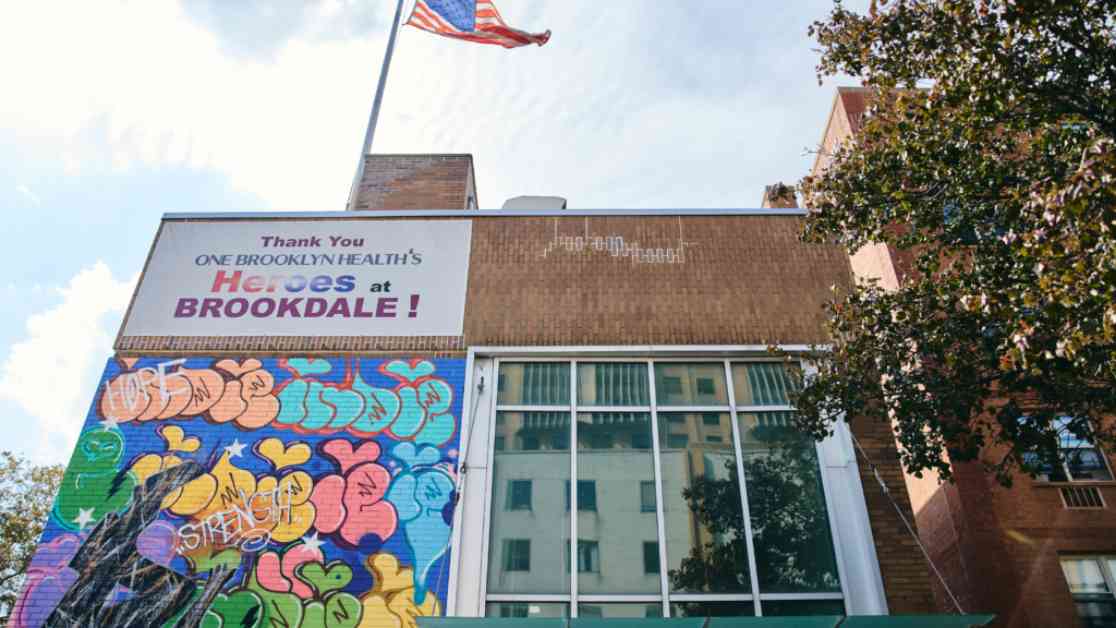Developing an Algorithm to Address Kidney Disease Disparities in Safety Net Hospitals
One Brooklyn Health, a safety net hospital system in New York City, is at the forefront of efforts to eliminate racial disparities in kidney disease treatment. With a patient population predominantly composed of Black individuals covered by Medicaid or Medicare, the hospital system faces the challenge of addressing advanced kidney disease and the lack of timely specialty care or transplants for many of its patients.
The leaders at One Brooklyn Health have embraced the movement to remove race from the equation used to estimate kidney function. By doing so, they hope to identify Black individuals with kidney disease earlier, enabling more patients to qualify for treatment before irreversible damage occurs or to receive life-saving transplants that are currently out of reach for many in the community.
Despite the optimism surrounding the elimination of race from medical algorithms, the reality of day-to-day operations at One Brooklyn Health presents significant challenges. The hospital serves a population grappling with deep social issues, limited resources, and high rates of illness. Patients often present in the emergency room with advanced kidney failure, having missed opportunities for early intervention through primary care.
The implementation of new algorithms has dramatically expanded the pool of potential kidney disease patients at One Brooklyn Health. With an estimated 350,000 individuals in the hospital’s service area who could benefit from kidney care, the current patient load of fewer than 2,000 underscores the urgent need to improve access and outreach efforts.
Dr. Gilda-Ray Grell, a nephrology fellow at One Brooklyn Health, acknowledges the monumental task ahead in addressing the growing demand for kidney care. She emphasizes the importance of building trust with patients, particularly those from marginalized communities, to ensure they receive the necessary support and treatment. By offering personalized care and emphasizing prevention, Grell aims to empower patients to take control of their health and avoid the need for dialysis.
The challenges faced by nephrologists at One Brooklyn Health extend beyond clinical interventions. Many patients struggle to access routine preventive care due to barriers such as lack of transportation, childcare, or financial constraints. Addressing these social determinants of health is crucial in preventing kidney disease and improving outcomes for underserved populations.
In response to the pressing need for kidney transplants, One Brooklyn Health recently announced a partnership with NYU Langone Transplant Institute. This collaboration aims to enhance access to transplant services for the hospital system’s sickest patients and provide more aggressive treatment for all kidney disease patients. By leveraging the expertise and resources of NYU Langone, One Brooklyn Health hopes to bridge the gap in transplant services and offer hope to individuals in need of life-saving procedures.
The disparities in kidney disease treatment and outcomes are reflective of broader health inequities present in Central Brooklyn. The prevalence of chronic kidney disease, coupled with limited access to care, highlights the urgent need for comprehensive solutions that address both medical and social barriers to health.
Subheadings:
Challenges in Eliminating Racial Disparities
Overcoming Barriers to Preventive Care
Partnering for Transplant Access
Addressing Health Inequities in Central Brooklyn
As efforts to eliminate racial disparities in kidney disease treatment continue, the commitment of healthcare providers like those at One Brooklyn Health to serving underserved communities remains unwavering. By prioritizing patient-centered care, fostering trust, and collaborating with external partners, these hospitals are working towards a future where all individuals have equitable access to life-saving treatments and services.

















